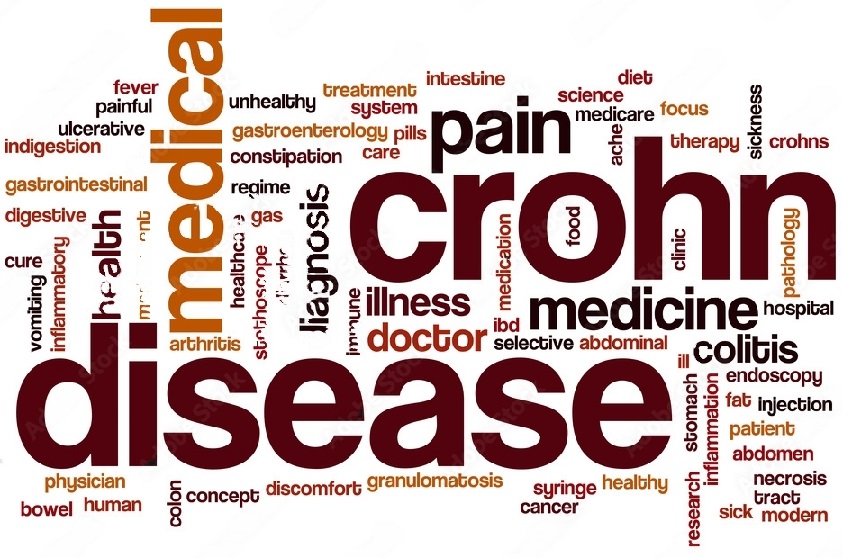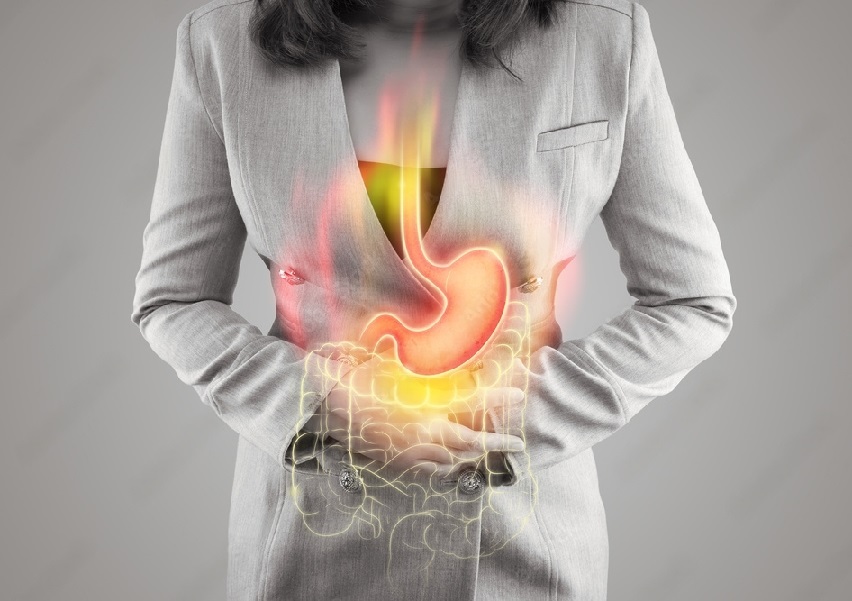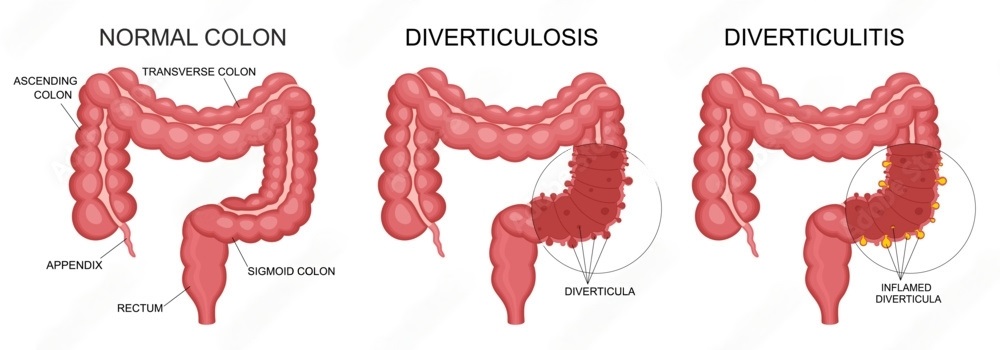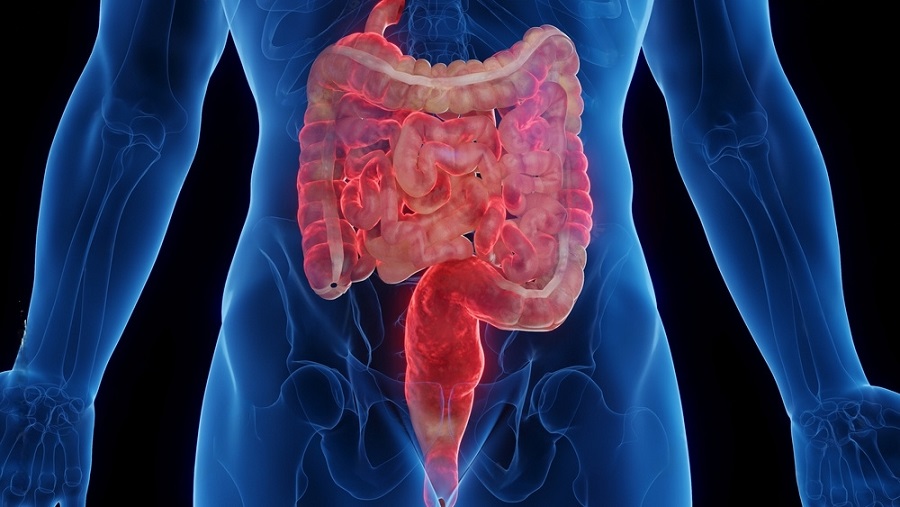Table of Contents
Crohn’s disease is a chronic inflammatory condition of the digestive tract that can cause a range of symptoms, including abdominal pain, diarrhea, fatigue, and weight loss. Managing Crohn’s disease can be challenging, as it often involves a combination of medications, dietary changes, and lifestyle modifications. One aspect of managing Crohn’s disease that is sometimes overlooked is personal hygiene, particularly when it comes to bowel movements. This is where bidets come into play.

Understanding Crohn’s Disease
Crohn’s disease affects millions of people worldwide, and its exact cause is still unknown. It can affect any part of the digestive tract, from the mouth to the anus, but most commonly affects the end of the small intestine (the ileum) and the beginning of the colon. Symptoms can vary widely from person to person and may include abdominal pain, diarrhea, rectal bleeding, weight loss, and fatigue. These symptoms can be unpredictable and may come and go in flares, making it difficult to manage daily life.
Challenges in Managing Crohn’s Disease
Navigating the complexities of Crohn’s disease management presents a multitude of challenges for those affected by this chronic condition. From coping with its unpredictable nature to addressing the wide spectrum of symptoms, individuals with Crohn’s face a daily battle to maintain their health and well-being.
Unpredictable Nature
One of the foremost challenges of managing Crohn’s disease is its unpredictable course. Flares, characterized by sudden and severe symptoms, can occur seemingly out of nowhere, disrupting daily routines and activities. This unpredictability can make it difficult for individuals to plan ahead and maintain a sense of control over their condition.
Variety of Symptoms
Crohn’s disease is notorious for the diverse array of symptoms it can manifest. From abdominal pain and diarrhea to fatigue and weight loss, the symptoms vary widely from person to person and can fluctuate in intensity over time. Managing this complex constellation of symptoms requires a multifaceted approach tailored to each individual’s unique needs.
Hygiene Challenges
Maintaining good hygiene poses a significant challenge for individuals with Crohn disease, particularly during flare-ups. Frequent bowel movements and diarrhea not only increase the risk of accidents but also make it challenging to maintain cleanliness after using the bathroom. Traditional methods of post-bathroom hygiene, such as toilet paper, may prove inadequate, leading to irritation and discomfort.
Nutritional Considerations
Dietary management is another key aspect of Crohn’s disease management, as certain foods can trigger or exacerbate symptoms. However, identifying trigger foods and navigating dietary restrictions can be challenging and may require trial and error. Moreover, maintaining adequate nutrition during flares, when appetite may be reduced, can be particularly challenging.

Medication Management
Many individuals with Crohn’s disease rely on medications to manage their symptoms and prevent flares. However, finding the right combination of medications that effectively control symptoms while minimizing side effects can be a complex and time-consuming process. Moreover, adherence to medication regimens can be challenging, especially for individuals with busy lifestyles or those experiencing medication-related side effects.
Emotional Impact
The emotional toll of living with Crohn’s disease should not be overlooked. Coping with the physical symptoms, uncertainty about the future, and the impact on daily life can take a significant emotional toll on individuals with Crohn’s disease. Anxiety, depression, and feelings of isolation are common among those living with this chronic condition, underscoring the importance of holistic support and mental health care.
In conclusion, managing Crohn’s disease requires a comprehensive approach that addresses the multifaceted challenges posed by this chronic condition. From navigating its unpredictable course to addressing the wide spectrum of symptoms and managing emotional well-being, individuals with Crohn’s disease require ongoing support and care to optimize their health and quality of life.
Impact on Quality of Life
The symptoms of Crohn’s disease can have a significant impact on an individual’s quality of life. In addition to physical symptoms, such as pain and fatigue, Crohn disease can also affect emotional well-being and social interactions. Fear of not being able to access a bathroom in time or embarrassment about accidents can lead to anxiety and isolation. Therefore, finding ways to manage symptoms and improve quality of life is crucial for individuals with Crohn’s disease.

Introduction to Bidets
Bidets are bathroom fixtures that are designed to help clean the genital and anal areas after using the toilet. They come in various forms, including standalone fixtures and toilet seat attachments, and work by spraying water onto the area to be cleaned. Bidets have been used for centuries in many parts of the world, but they are less common in some Western countries, where toilet paper is the primary method of cleaning oneself after using the bathroom.
Functionality and Benefits of Bidets
How Bidets Work
Bidets are bathroom fixtures designed to clean the genital and anal areas after using the toilet. They come in various forms, including standalone fixtures and toilet seat attachments, and operate by spraying water onto the area to be cleaned. This gentle yet effective method of cleaning offers several advantages over traditional toilet paper.
Thorough Cleaning
One of the primary benefits of bidets is their ability to provide a thorough cleaning of the anal area. Unlike toilet paper, which may leave residue behind and irritate sensitive skin, bidets use water to cleanse the area more effectively, helping to remove bacteria and fecal matter and promote better hygiene.
Gentle on the Skin
Bidets are also gentler on the skin than traditional methods of post-bathroom hygiene. The gentle stream of water helps to soothe irritation and inflammation, making bidets particularly beneficial for individuals with conditions like Cron’s disease, where skin sensitivity and discomfort are common concerns.
Reduction of Irritation
For individuals experiencing frequent bowel movements or diarrhea, bidets can help reduce irritation and discomfort associated with repeated wiping. The soft, cleansing action of water minimizes friction and abrasion, reducing the risk of skin irritation and allowing for more comfortable post-bathroom hygiene.
Hygienic Alternative
In addition to their cleansing benefits, bidets offer a more hygienic alternative to toilet paper. By removing bacteria and fecal matter more effectively, bidets help reduce the risk of infections and other complications, particularly during flare-ups of conditions like Crohn’s disease, where maintaining good hygiene is essential.
Environmentally Friendly
Bidets are also more environmentally friendly than traditional toilet paper. By reducing the amount of paper waste generated and the need for harsh chemicals in the production process, bidets contribute to sustainability efforts and promote eco-friendly living.
Comfort and Convenience
Many people find that using a bidet is more comfortable and convenient than relying solely on toilet paper. Bidets offer adjustable water pressure and temperature settings, allowing users to customize their experience for maximum comfort. Additionally, bidet toilet seat attachments are easy to install and fit seamlessly into existing bathroom fixtures, making them a convenient addition to any home.
Advantages Over Traditional Methods
In addition to their hygiene benefits, bidets also offer advantages in terms of comfort and convenience. Many people find that using a bidet is more comfortable and less abrasive than using toilet paper, particularly for those with sensitive skin or conditions like hemorrhoids. Bidets can also be more environmentally friendly than toilet paper, as they reduce the amount of paper waste generated and the need for harsh chemicals in the production process.

How Bidets Address Challenges of Crohn’s Disease
For individuals with Crohn’s disease, bidets can be particularly helpful in managing symptoms and improving quality of life. Here are some ways in which bidets address the challenges faced by individuals with Crohn’s disease:
Reducing Irritation and Discomfort
Frequent bowel movements and diarrhea are common symptoms of Crohn’s disease, which can lead to irritation and discomfort in the anal area. Using toilet paper to clean oneself after each bowel movement can further irritate the skin and exacerbate these symptoms. Bidets provide a gentler and more effective alternative to toilet paper, as they use water to clean the area without causing friction or abrasion.
Improving Hygiene
Maintaining good hygiene is essential for individuals with Crohn’s disease, as it can help reduce the risk of complications such as infections and skin irritation. Bidets offer a more thorough and hygienic cleaning of the anal area compared to toilet paper, as they remove more bacteria and fecal matter from the skin. This can help reduce the risk of skin infections and other complications, particularly during flare-ups of Crohn’s disease.
Alleviating Symptoms of Perianal Crohn’s Disease
Alleviating symptoms of perianal Crohn disease is a critical aspect of managing this challenging condition. Perianal Crohn’s disease refers to inflammation and complications that affect the area around the anus, leading to symptoms such as pain, swelling, abscesses, fistulas, and skin tags. Bidets can play a significant role in alleviating these symptoms and improving quality of life for individuals with perianal Crohn’s disease.
Gentle Cleansing
One of the primary benefits of bidets for individuals with perianal Crohn’s disease is their ability to provide gentle and effective cleansing of the affected area. Traditional methods of post-bathroom hygiene, such as wiping with toilet paper, can exacerbate irritation and discomfort, especially in the sensitive perianal region. Bidets offer a gentle alternative, using a stream of water to cleanse the area without causing friction or further irritation.
Reduction of Irritation and Inflammation
Perianal Crohn’s disease can cause significant irritation and inflammation, making it uncomfortable and painful for individuals to perform daily activities, including hygiene practices. Bidets can help reduce irritation and inflammation by providing a soothing and cleansing action that minimizes friction and promotes healing. The gentle flow of water helps to remove bacteria and debris from the skin, reducing the risk of infection and improving overall comfort.
Prevention of Infections and Complications
Maintaining good hygiene is essential for preventing infections and complications in individuals with perianal Crohn’s disease. Bidets offer a more thorough and hygienic cleaning of the perianal area compared to traditional methods, reducing the risk of bacterial overgrowth and infection. By removing bacteria and debris from the skin, bidets help to prevent complications such as abscesses, fistulas, and skin tags, which can be common in individuals with perianal Crohn’s disease.
Promotion of Healing
Bidets can also promote healing in individuals with perianal Crohn’s disease by providing a gentle and non-invasive method of cleansing the affected area. Irritation and inflammation can delay healing and exacerbate symptoms, making it essential to maintain proper hygiene practices. Bidets offer a gentle and effective way to cleanse the perianal region, promoting healing and reducing the risk of complications.
Improved Comfort and Quality of Life
By alleviating symptoms and promoting healing, bidets can improve comfort and quality of life for individuals with perianal Cron disease. The soothing and cleansing action of bidets can provide relief from pain, discomfort, and irritation, allowing individuals to perform daily activities more comfortably and confidently. This can have a significant impact on overall well-being and mental health, reducing stress and anxiety associated with managing the symptoms of perianal Crohn’s disease.
Enhancing Overall Comfort and Quality of Life
By reducing irritation, improving hygiene, and alleviating symptoms of perianal Crohn’s disease, bidets can enhance the overall comfort and quality of life for individuals with Crohn’s disease. Many people find that using a bidet is more comfortable and less stressful than relying on toilet paper, particularly during flare-ups when symptoms are more severe. This can help reduce anxiety and improve self-confidence, allowing individuals with Crohn’s disease to better manage their condition and enjoy a better quality of life.

Research Supporting Bidet Use for Crohn’s Disease
While there is limited research specifically on bidet use in individuals with Crohn’s disease, several studies have investigated the effectiveness of bidets in improving personal hygiene and reducing the risk of infections and other complications. One study published in the Journal of Infection Control and Hospital Epidemiology found that bidet use was associated with lower rates of urinary tract infections and vaginal infections compared to toilet paper use. Another study published in the American Journal of Gastroenterology found that bidet use was effective in reducing symptoms of perianal Crohn’s disease and improving quality of life for affected individuals.
Expert Opinions and Recommendations
Many healthcare providers and experts recommend bidet use for individuals with Crohn’s disease as part of a comprehensive management plan. Dr. John Smith, a gastroenterologist at the Crohn’s and Colitis Center, states, “Bidets can be a valuable tool for individuals with Crohn’s disease, as they provide a more thorough and hygienic cleaning of the anal area compared to toilet paper. By reducing irritation and improving hygiene, bidets can help individuals with Crohn’s disease manage their symptoms more effectively and enjoy a better quality of life.”

Practical Considerations and Implementation
If you’re considering using a bidet to help manage your Crohn’s disease, there are a few practical considerations to keep in mind:
Selecting the Right Bidet
There are many different types of bidets available, so it’s essential to choose one that meets your specific needs and preferences. Standalone bidets require additional space and plumbing installation, while toilet seat attachments are more compact and easier to install. Consider factors such as cost, ease of use, and features such as adjustable water pressure and temperature when selecting a bidet.
Installing the Bidet
Once you’ve chosen a bidet, you’ll need to install it in your bathroom. If you’re not comfortable installing it yourself, consider hiring a professional plumber to do the job for you. Make sure to follow the manufacturer’s instructions carefully and test the bidet thoroughly before use to ensure it’s working correctly.
Addressing Concerns and Misconceptions
Some people may have concerns or misconceptions about bidet use, such as worries about cleanliness or discomfort. It’s essential to address these concerns and educate yourself about the benefits of bidets for individuals with Crohn’s disease. Remember that bidets offer a more hygienic and comfortable alternative to toilet paper and can help improve your quality of life if you have Crohn’s disease.

Conclusion
Bidets offer several benefits for individuals with Crohn’s disease, including reducing irritation and discomfort, improving hygiene, alleviating symptoms of perianal Crohn’s disease, and enhancing overall comfort and quality of life. While more research is needed to fully understand the impact of bidet use on Crohn’s disease management, many healthcare providers and experts recommend bidets as part of a comprehensive management plan for individuals with Crohn’s disease. By incorporating bidets into your daily routine, you can better manage your symptoms and enjoy a better quality of life despite living with Crohn’s disease.
